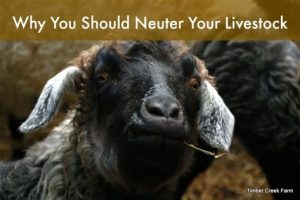
Learn how farm animals are neutered to control population and prevent unwanted breeding. Methods vary depending on the species. Read more »

Farm animals are often forced to breed in cruel and unnatural ways. Learn more about this disturbing practice and its impact on animal welfare. Read more »
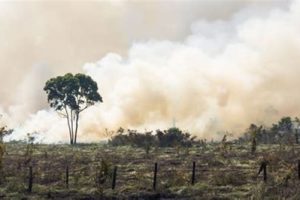
Animal farming is a major contributor to deforestation, greenhouse gas emissions, and water pollution. Learn how it’s ruining the environment. Read more »

Farm Animal Improvement refers to the process of selectively breeding and managing livestock to enhance their productivity and genetic traits. #agriculture #animalhusbandry Read more »
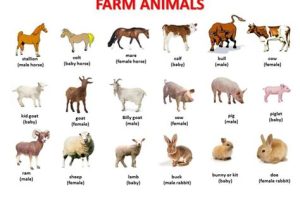
Farm animals are domesticated animals raised for agricultural purposes, such as food, fiber, and labor. They include cows, pigs, sheep, and chickens. Read more »
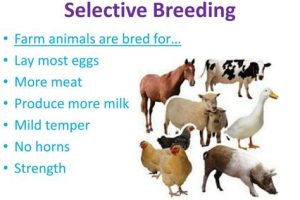
Selective breeding is the process of intentionally mating animals with desired traits to produce offspring with those same traits. In farm animals, this can lead to improvements in productivity and quality. Read more »
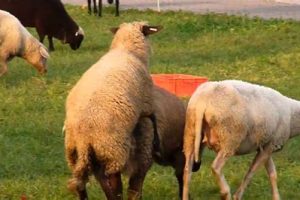
Mating in farm animals is the process of breeding between a male and female animal to produce offspring for agricultural purposes. Read more »

Mating in farm animals refers to the process of breeding between male and female animals for the purpose of reproduction and genetic improvement. Read more »
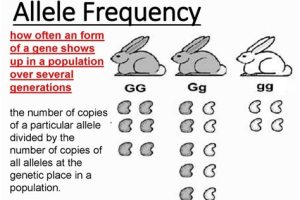
Gene frequency refers to the proportion of a particular gene in a population. It is important in animal breeding for genetic improvement. Read more »
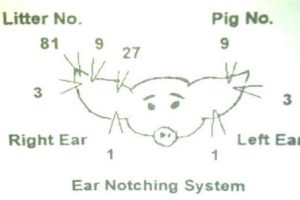
Ear notching is a method of identification commonly used in farm animals, where notches are cut into the ear to represent a specific code or number. Read more »
